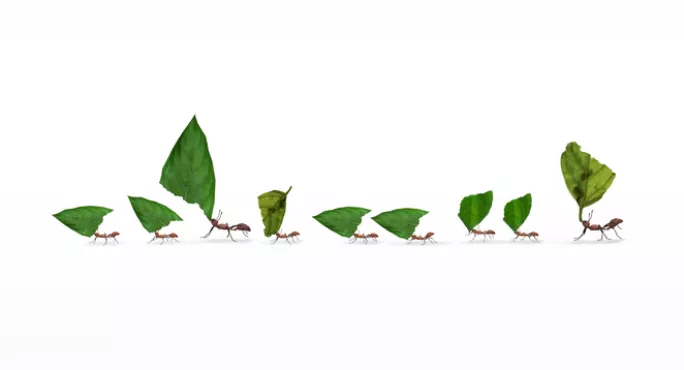
- Home
- Teaching & Learning
- General
- Research: Why academics must work with schools
Research: Why academics must work with schools

Over the last few years, there has been a welcome, and much needed, shift in how university-based researchers conduct their research.
The move towards more collaborative research practices, which involve children, young people, teachers, and other professionals in university-led research, values the distinct, yet complementary knowledge, experience and expertise that researchers, teachers, children and young people bring.
This approach should result in more educationally relevant and meaningful research being conducted, which should ultimately have a more positive impact on the lives and learning of children and young people.
The Nuffield Love to Read project
We’ve come together as academics and teachers in the creation of the Love to Read project, which aims to motivate and engage child readers. There is a growing body of research recognising the role of reading motivation and engagement for children’s reading experiences and outcomes (for example: Toste et al., 2020; McBreen and Savage, 2020; McGeown and Wilkinson, 2021), and yet there is very little research-informed guidance to support teachers in their practice.
More:
But what does collaborative research actually look like? Approaches can take many forms, and it goes beyond simply having teachers on your investigation team.
We have designed the Love to Read project with three phases.
1. Draw upon existing research and interview children
The first phase involves drawing upon existing reading motivation and engagement theory and research to identify research-informed principles to underpin the intervention, while simultaneously carrying out interviews with children (approximately 60, from three to four UK schools) to learn more about their book reading experiences and their ideas for practices to encourage book reading.
2. Co-design the intervention with teachers
Theory, research and children’s insights will inform our second phase, which involves co-designing the intervention (the set of activities) with six primary school teachers during a series of online design cycles. These online meetings will allow the research team and primary school teachers to work collaboratively, drawing upon research insights and children’s perspectives from phase one, and synthesising this with teachers’ professional and pedagogical knowledge, experience and expertise.
3. Evaluate intervention with feedback from teachers and children
The final phase will evaluate the intervention (approximately 250 children, from six UK schools), in a mixed-methods (ie, quantitative and qualitative) feasibility study. In this, we will evaluate the effectiveness of the intervention (its impact on children’s reading motivation and engagement), but also ask children and teachers about their experiences of the intervention, and teachers’ thoughts regarding the acceptability and feasibility of the intervention for classroom practice.
Love to Read going forward
Over the next 18 months, we will be sharing details of this project, hoping to develop teachers’ knowledge and understanding of reading motivation and engagement research, while simultaneously sharing details of different research methods and practices. While university-based research is undergoing a methodological shift, there is still a long way to go.
These types of collaborative research practices require all involved to be given the time (a barrier in itself) and support to engage in this new way of working. Ultimately, there should be gains to all involved: fostering professional development opportunities for teachers and researchers alike, and encouraging children and young people to get more involved, and have their voices heard, in school-based practices that affect them.
The Love to Read Team includes:
Sarah McGeown, principal investigator, University of Edinburgh
Emily Oxley, postdoctoral researcher, University of Edinburgh
Christina Clark, head of research, National Literacy Trust
Megan Dixon, headteacher
Helen Fairlie, senior education officer, Education Scotland
Katrina Lucas, primary school teacher
Jessie Ricketts, co-investigator, Royal Holloway, University of London
Laura Shapiro, co-investigator, Aston University
Katherine Wilkinson, head of research and evaluation, Scottish Book Trust
If you would like to hear more about this project as it progresses, please email Emily Oxley (emily.oxley@ed.ac.uk) and request to receive monthly newsletters. You can follow them on Twitter @_Love_to_read and learn more here
You need a Tes subscription to read this article
Subscribe now to read this article and get other subscriber-only content:
- Unlimited access to all Tes magazine content
- Exclusive subscriber-only stories
- Award-winning email newsletters
- Unlimited access to all Tes magazine content
- Exclusive subscriber-only stories
- Award-winning email newsletters
You need a subscription to read this article
Subscribe now to read this article and get other subscriber-only content, including:
- Unlimited access to all Tes magazine content
- Exclusive subscriber-only stories
- Award-winning email newsletters
- Unlimited access to all Tes magazine content
- Exclusive subscriber-only stories
- Award-winning email newsletters
topics in this article



